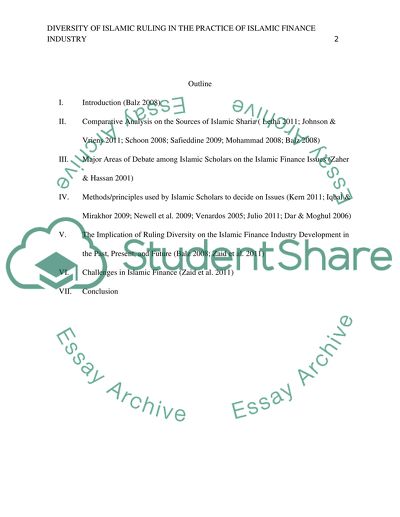Cite this document
(“Diversity of Islamic ruling in the Practice of Islamic Finance Essay”, n.d.)
Retrieved from https://studentshare.org/law/1393257-diversity-of-islamic-ruling-in-the-practice-of-islamic-finance-industry
Retrieved from https://studentshare.org/law/1393257-diversity-of-islamic-ruling-in-the-practice-of-islamic-finance-industry
(Diversity of Islamic Ruling in the Practice of Islamic Finance Essay)
https://studentshare.org/law/1393257-diversity-of-islamic-ruling-in-the-practice-of-islamic-finance-industry.
https://studentshare.org/law/1393257-diversity-of-islamic-ruling-in-the-practice-of-islamic-finance-industry.
“Diversity of Islamic Ruling in the Practice of Islamic Finance Essay”, n.d. https://studentshare.org/law/1393257-diversity-of-islamic-ruling-in-the-practice-of-islamic-finance-industry.


